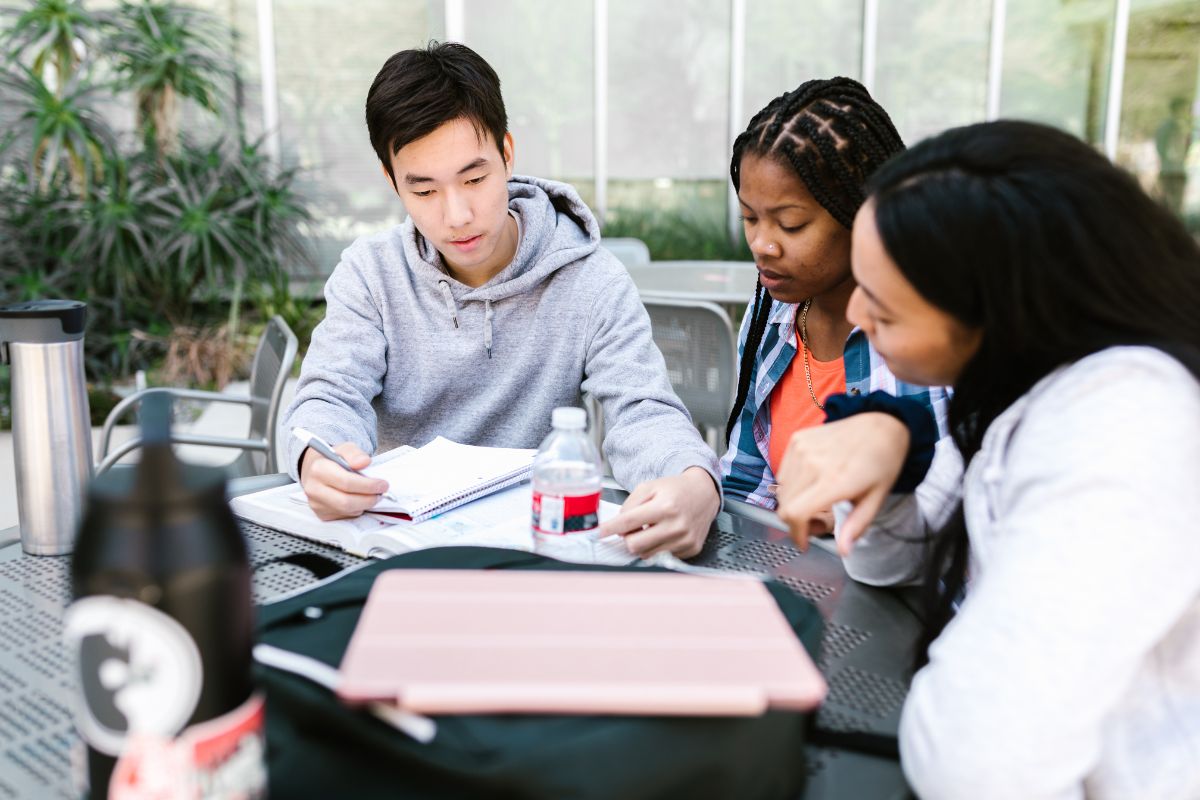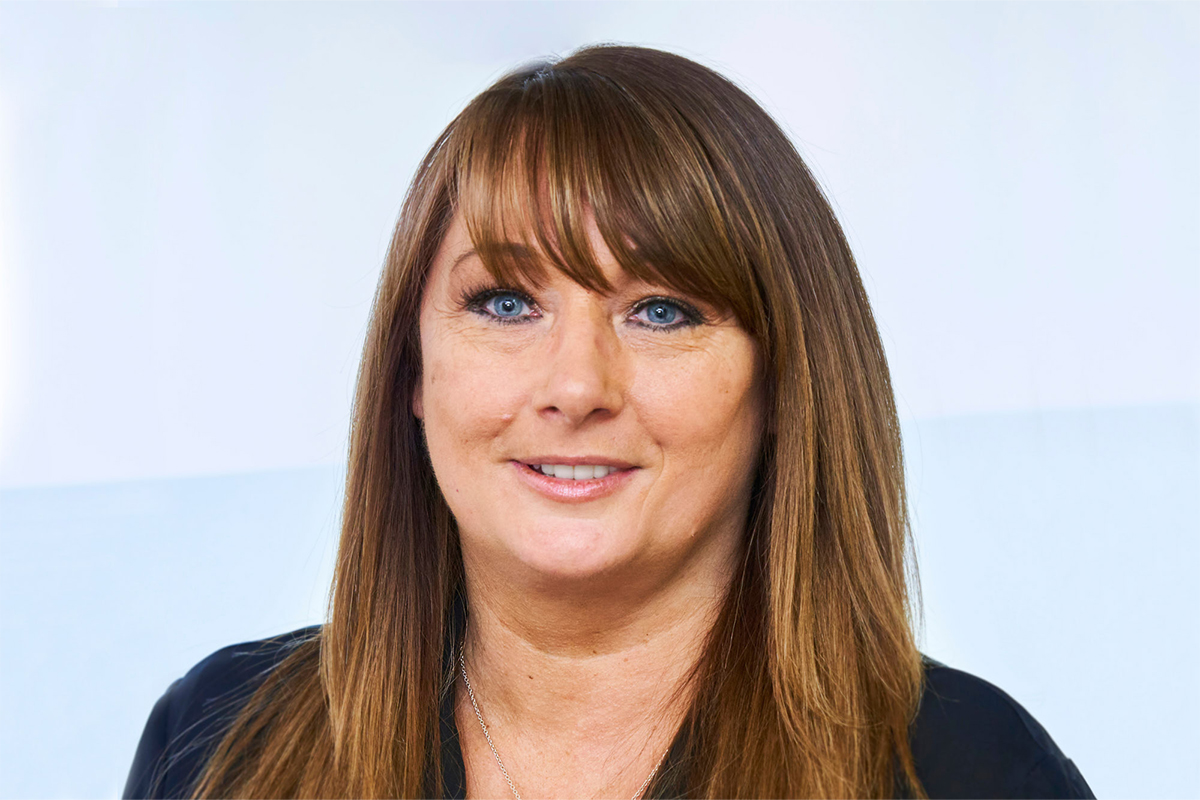New data: Volume, behaviours and concerns of UK’s international student intake

The following analysis is based on the most recent data from across a sample of nine UniQuest higher education partners in the UK, focusing on the top 12 international markets.* It compares data from August 2023 to August 2022.
What did the picture look like ahead of the new academic year?
- By the end of August 2023, there were almost 32,500 more offers and almost 11,000 more firm accepts than at the same point last year.
- Both undergraduate (UG) and postgraduate (PG) offers have grown by 41% year-on-year.
- Notably, India has seen a real boom this year in UG offer making (140% year-on-year growth) and firm accepts (almost 80% Y-O-Y growth).
- Some smaller markets have seen over half of their total firm acceptances come from UG students: the US, Kuwait, Hong Kong and Nepal.
- Overall, the volume of international students is still overwhelmingly PG, at over 80% of total offers made.
- Firm accepts were lagging in some key markets, largely due to in-country economic challenges. For example, Nigerian applicants received over 7,500 more offers than at the same point last year, but there were only 1,800 more firm accepts.
Student behaviours and concerns
- On average, students are in the pipeline for 16% longer than pre-pandemic. For some markets, this has increased significantly – Nigeria, Pakistan and Saudi Arabian applicants are all in the pipeline for around 50% longer, with many opting to defer.
- For the top two international markets, the biggest blockers to study are admissions related (India) and finance related (Nigeria) respectively.
- There has been a 42% increase in finance FAQs from all international applicants.
- Where an international applicant is engaged in reciprocal communication, they are 3x more likely to enrol.
Jenni Parsons, Director of Partnerships, Projects and Insights at UniQuest, comments:
“We’ve seen a lot of geopolitical and economic issues come into play right at the end of the cycle which have prevented many international students enrolling. In Nigeria, for example, the cost for students to study in the UK has effectively doubled, and elsewhere the cost of inflation is hitting the pockets of middle-class families, whose children would otherwise study overseas.
“It means that universities are seeing a huge rise in questions about deferrals, which is contributing to this trend of international applicants being in the pipeline for longer – meaning universities have to manage and engage them for longer. And engage they must! Where universities have done this well, it’s led to conversion rates tripling. This is all the more important as we move into a market where recruitment is going to become more challenging.”











Responses